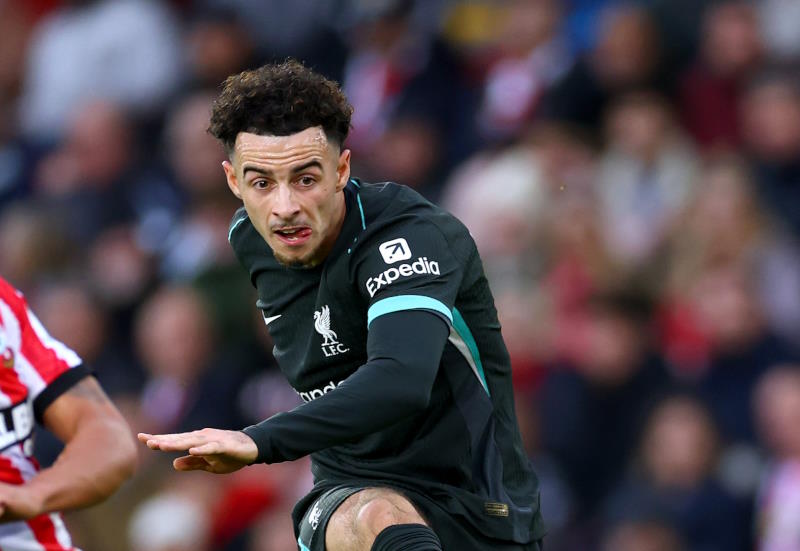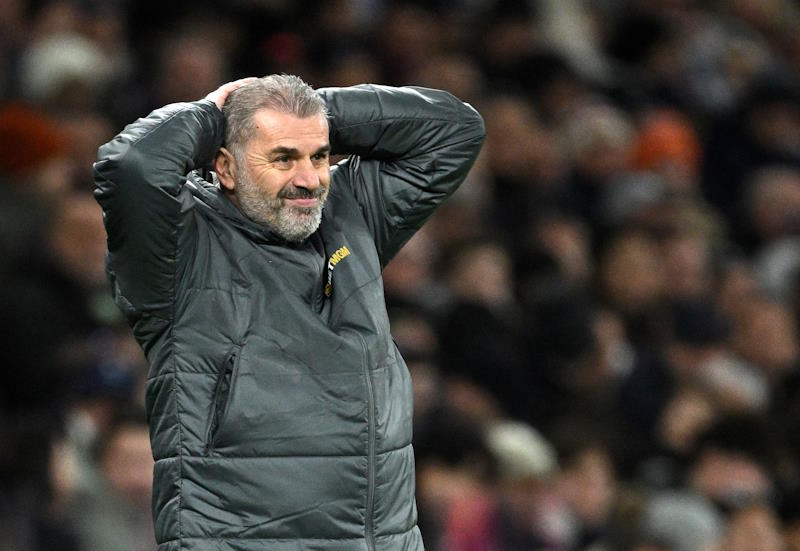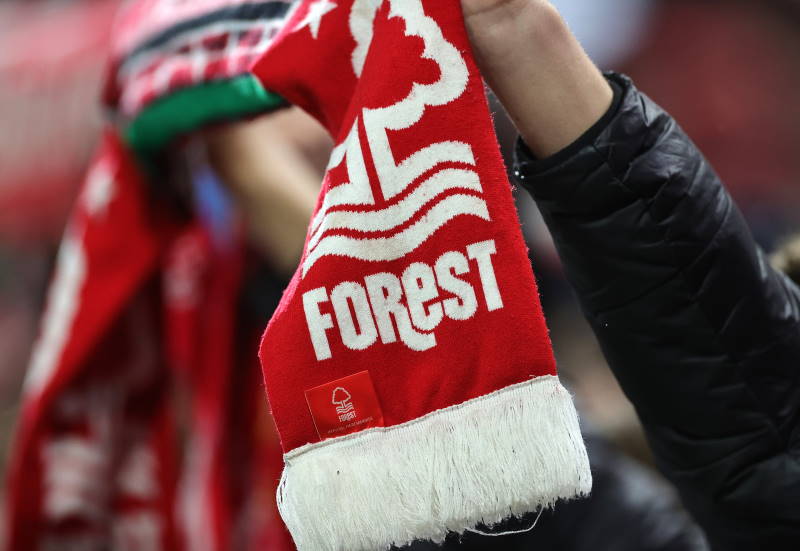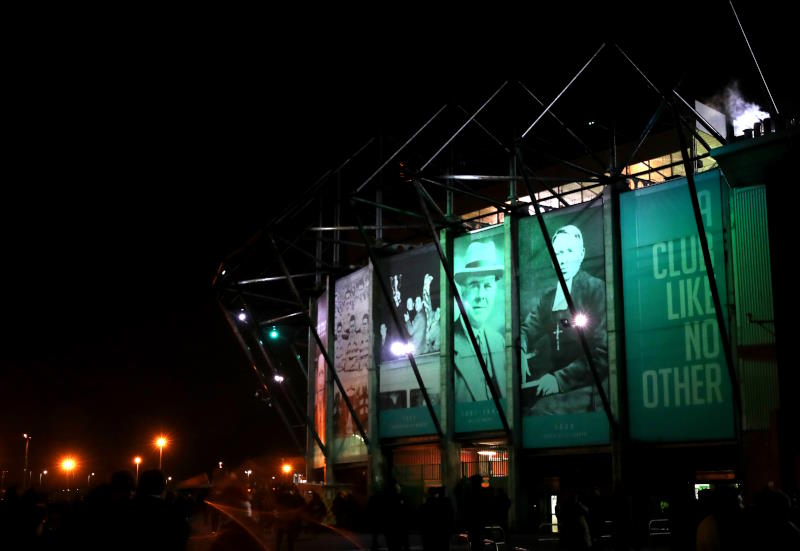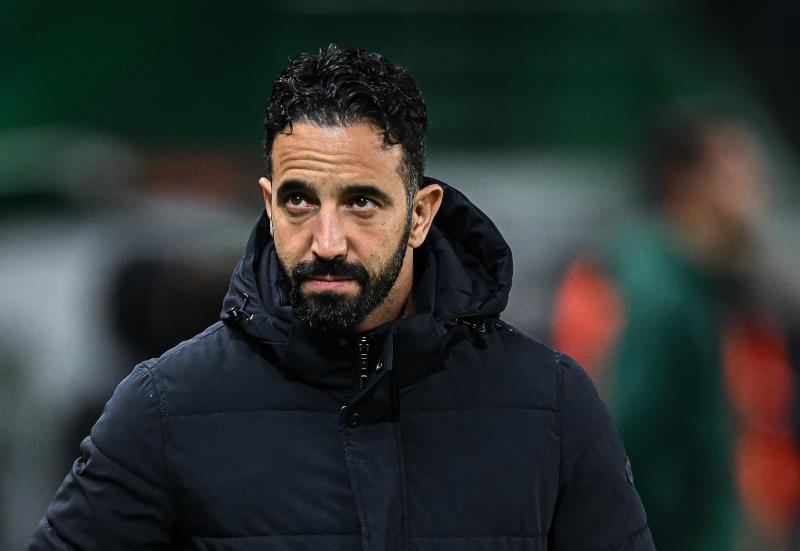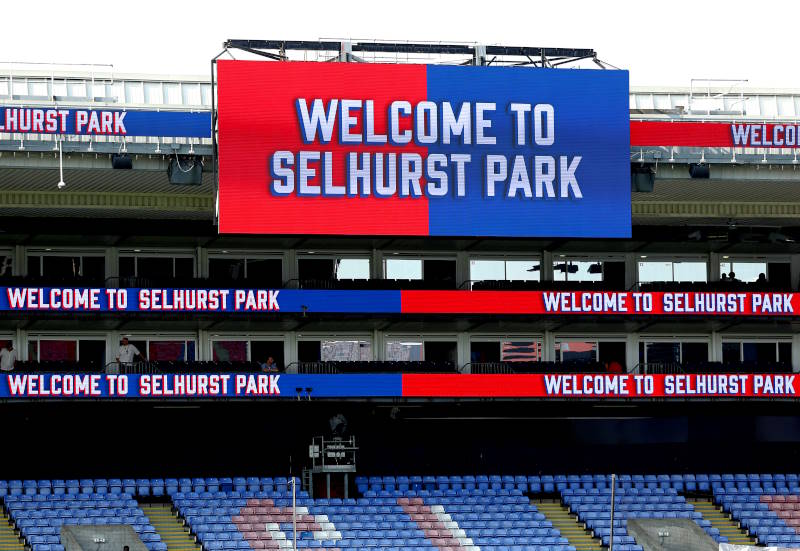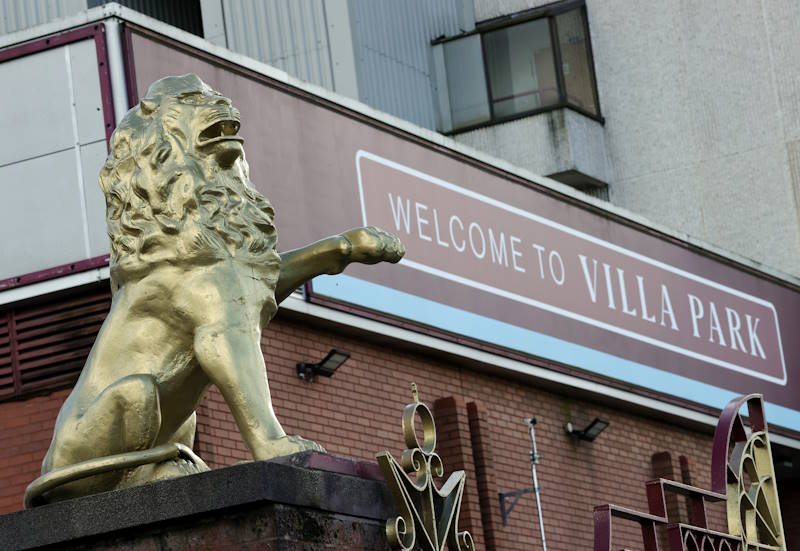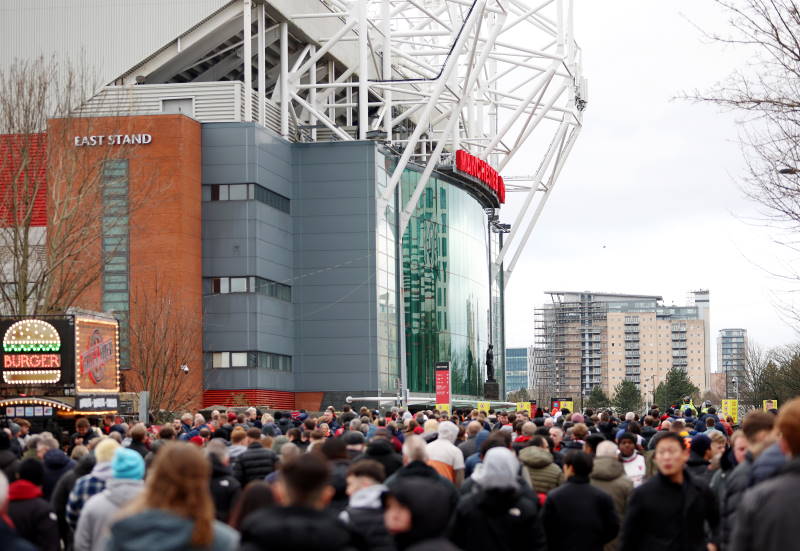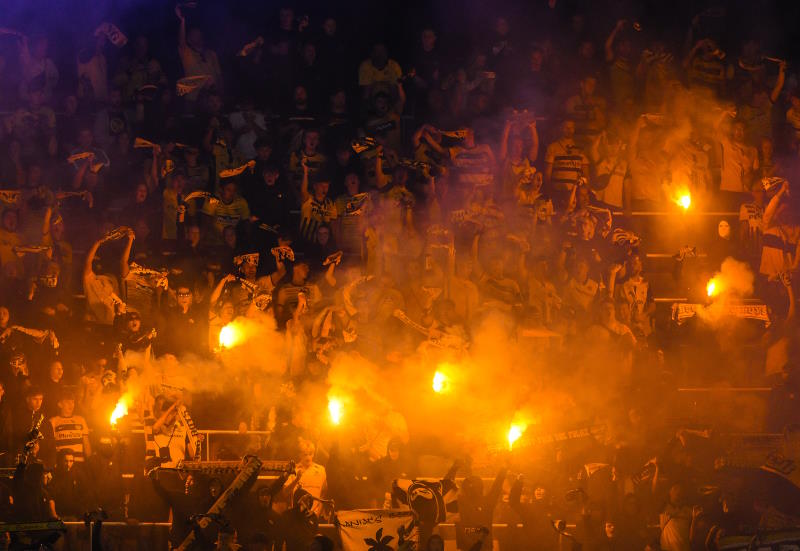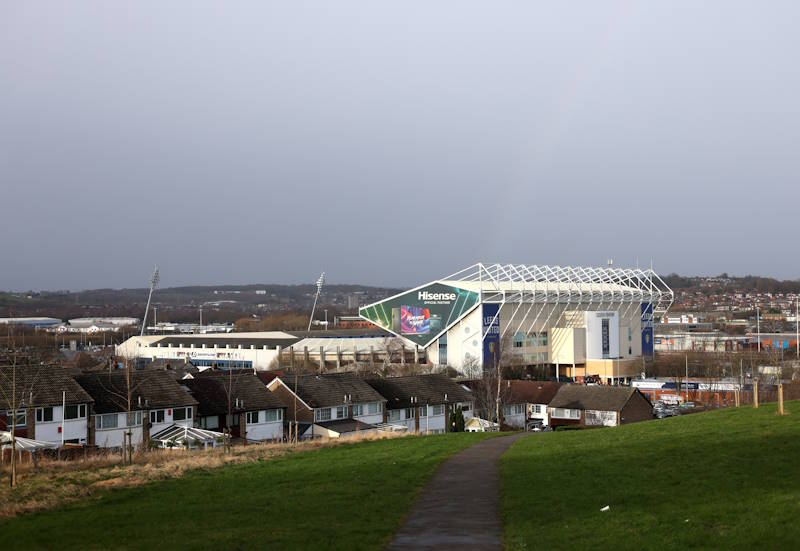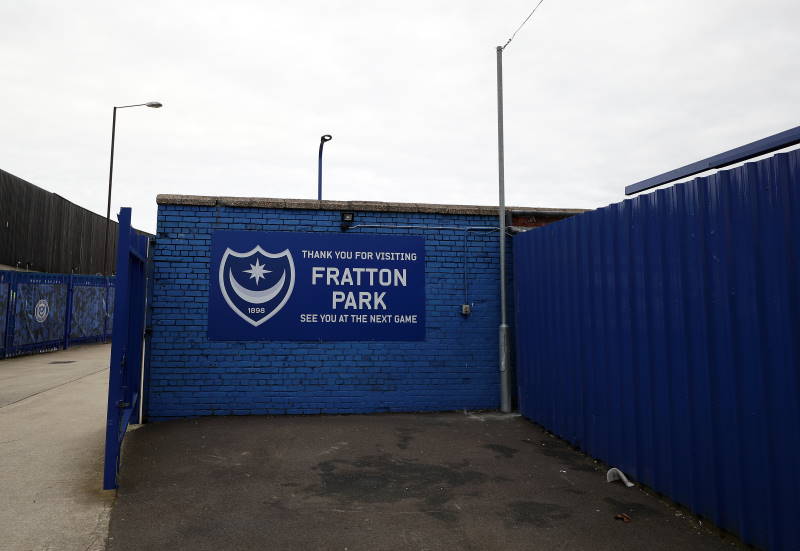
When Tamim bin Hamad Al-Thani, the heir to the Qatari throne, was awarded with the Legion d’Honneur by President Nicolas Sarkozy of France in February 2010, few from the world of football would have noticed what seemed, on the face of it, an entirely irrelevant event; they should have paid far closer attention.
In one gesture, the award of one of France’s most prestigious honours revealed much about the changes football is currently going through. After the ceremony, Al-Thani joined Sarkozy at the Elysee Palace for lunch. Half a year later, he was back; this time with UEFA President Michel Platini and Colony Capital’s European representative, Sebastien Bazin.
At the time of this meeting, in November, Colony Capital owned French club Paris Saint-Germain, and Qatar was furiously canvassing and lobbying for the right to host the World Cup in 2022.
Since then, Platini has admitted voting for Qatar’s ultimately successful World Cup bid, and Qatari Sports Investments, set up by Al Thani in 2015, have bought PSG and turned the capital club into France’s first club to be bankrolled by foreign billionaires.
The conflicts of interest go on and on. Sarkozy is a Paris Saint-Germain fan, and indeed France’s current president once saved Bazin’s daughter when she was taken hostage at her nursery at the age of three. Platini, despite voting for Qatar, has continued to call on the gulf state to hold their World Cup in the winter, and has offered to move European tournaments to accommodate such a switch. And he is the favourite to take over from Sepp Blatter when the Swiss administrator quits as FIFA President in 2015.
The anger at the award of the World Cup to Qatar has not subsided, but a cold, dispassionate look at the facts of the situation reveal much about the country’s growing profile. The Arab state’s Aspire sports academies are scattered around the world, disproportionately so in countries belonging to members of the FIFA Executive Committee who voted on the host for the World Cup. Of the 10 academies across Africa, three are in nations with FIFA executive committee members (Nigeria, Cameroon and Ivory Coast, though the latter’s representative, Jacques Anouma, is currently suspended).
It was alleged during the course of the 2022 campaign that Qatar had forged a voting alliance with Spain, who were bidding for the 2018 World Cup, in part through US executive committee member Chuck Blazer’s uncovering of a note passed between the countries at a FIFA meeting – the same individual who alleged that the now departed Mohamed bin Hammam and Jack Warner tried to bribe Caribbean FIFA members to vote for the Qatari in the 2011 presidential election.
Though the Spanish clearly did not win the 2018 vote even if such an alliance did take place, Qatar’s links with the country have grown since the campaign. Qatar’s ruling Al Thani family bought Malaga in 2010, some five months before the World Cup vote, whilst the Qatar Foundation now sponsor Barcelona. With economic growth of near to 20 per cent expected in 2011, and the rapid expansion of the country’s sport facilities for the World Cup, and possibly the 2020 Olympic Games if the Arab state can win that bid (which does not look quite so unlikely anymore), Qatar really is the ideal place for investors.
The hard truth for football fans is that Qatar, though possessing no real history in the game, is a growing market, and one which it would be foolish to ignore. One of the United Kingdom’s top construction companies, Populous, is heavily involved with Qatar 2022 now, while Spain are also looking to join the fray. Would it be a shock if the governments of these countries nudged their representatives to vote for Qatar, to help their businesses?
No country has done this more effectively than France. When Orange announced they would not bid to retain rights to show Ligue 1 football from 2012-16, there were fears that French football’s TV deal would drop in value, and its clubs would suffer. Since then Al Jazeera, the Qatari state run broadcaster, has bought the domestic and international rights, as well as the French rights to show the Champions League, becoming UEFA’s main broadcast partner in the country.
The link between France and Qatar goes far beyond sport, too. Investors from the gulf state do not have to pay capital gains tax, and according to French daily Liberation, some of the leading companies in France are owned at least in part by Qatar (Suez, Vinci and Areva). And is it a shock that when Sarkozy led the campaign to launch air strikes against Colonel Gaddafi’s Libya, Qatar was the most prominent Arab state lining up to support him?
Lurking in the background of the French-Qatari links is FIFA, and its presidency, currently held by Sepp Blatter. But Blatter has said he will quit in 2015 and stand aside. And it is of course Platini who is favourite to take the FIFA reins when he departs. Surely there was no suggestion that he played the back scratching game with Qatar? That is not to say the Frenchman has done anything wrong; indeed Platini is an incorruptible, genuinely clean FIFA member. When someone of his integrity cosies up to Qatar in this way, voting for the country to stage the World Cup, it shows that the gulf state is a force on the world stage.
French football is starting to reap the benefits, and if Paris Saint-Germain as expected continue to sign some of the biggest names in the game, the status of Ligue 1 will increase yet further. French top flight sides are generally delighted at Qatar’s investment in the Parisians. Michel Seydoux of Lille, Lyon’s Jean-Michel Aulas and Loic Fery of Lorient are just three club presidents who have openly stated their delight at the new money flowing into the league. As Fery told Inside Futbol earlier this year, France is a main football market. When a club looks for players to buy, France is one of the main countries they look to. Paris Saint-Germain’s purchases this summer spread the wealth somewhat, with Saint-Etienne, Valenciennes and Lorient all benefiting (from the sales of Blaise Matuidi, Milan Bisevac and Kevin Gameiro respectively).
The reality is that in an increasingly uncertain economic time, particularly for Europe, Qatar and the gulf is where the new money is, and where growth can be achieved. France has realised this, and their economic links have spilled onto the football pitch. It would not be a shock to see this happen more, not less, in the years to come. Like it or not, Qatar is here to stay.

